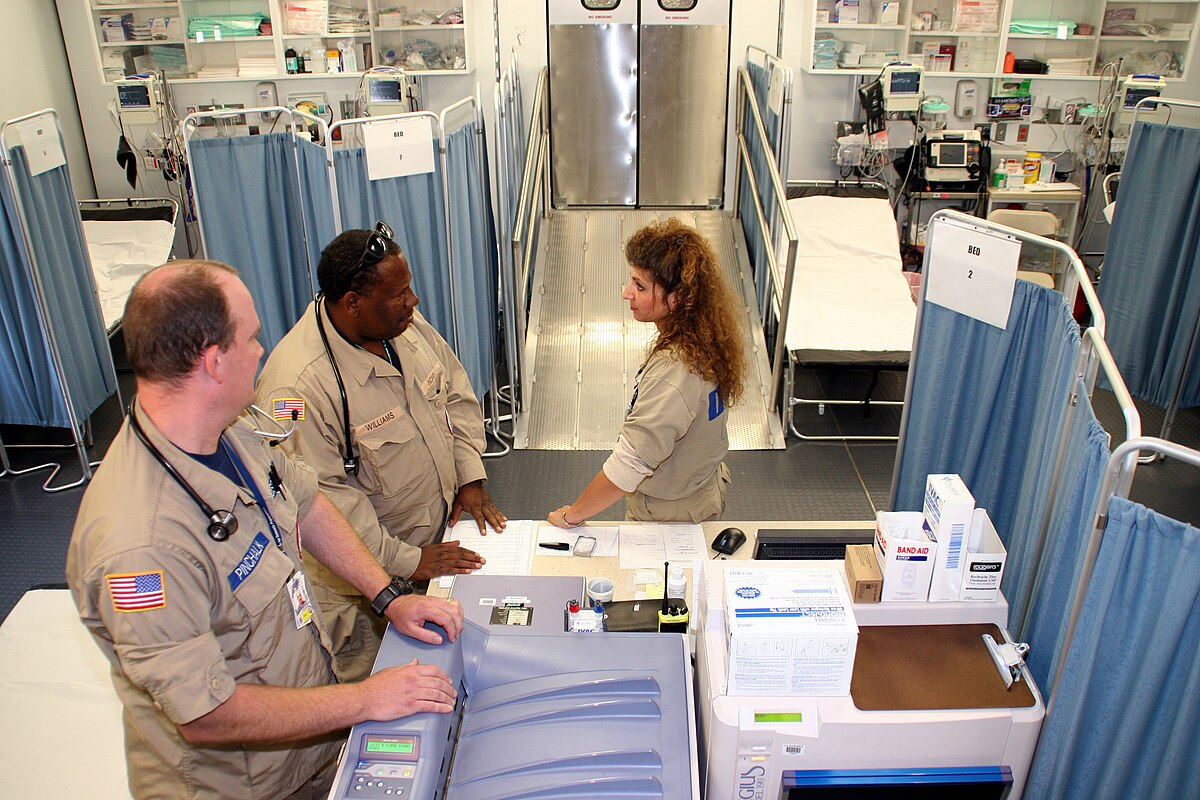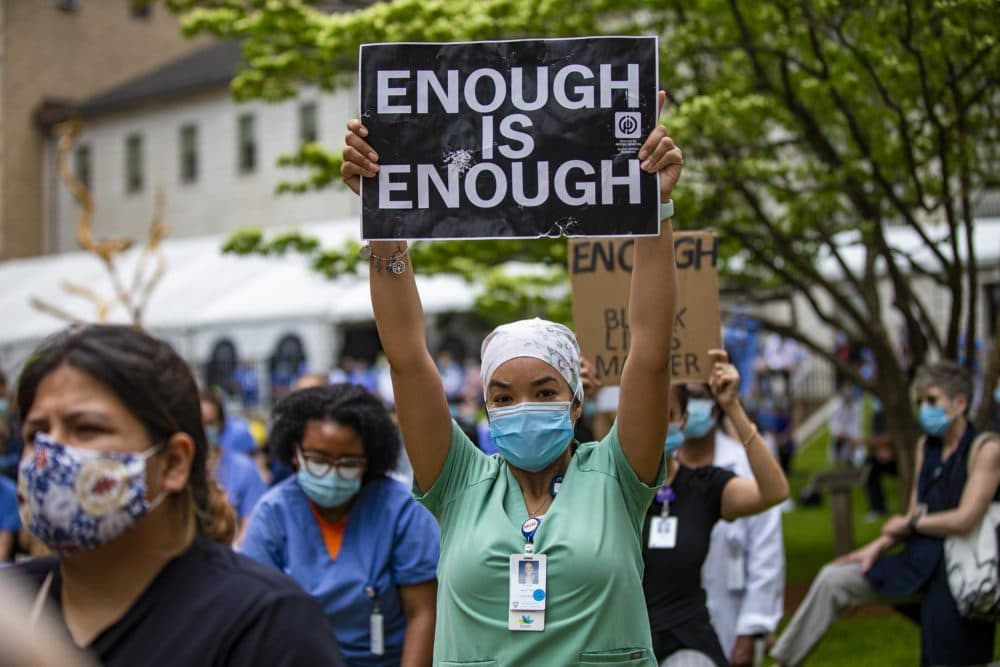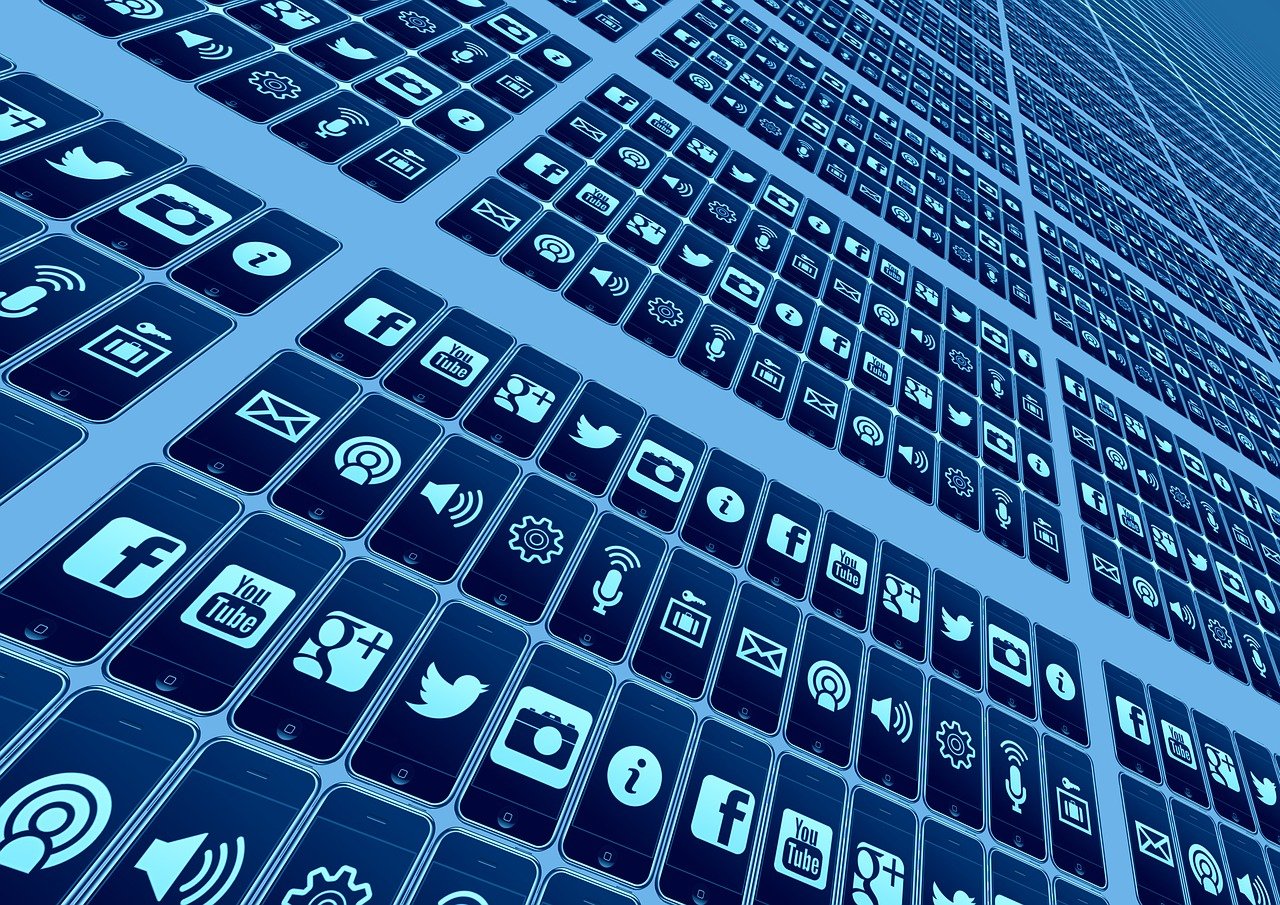 Since the start of the COVID-19 pandemic, one of the tangential concerns hotly covered by the news media has been the disruption of sports. As the number of deaths surpasses 195,000, there has been persistent discussion about how to safely resume the football season. Under the circumstances, the “dun dun dun dumm” of Sunday Night Football in the U.S. was not just a reminder to sit in front of the television and watch your team win or lose. The theme song was, in fact, a call to consider the sociology of sports and the power it has in our society.
Since the start of the COVID-19 pandemic, one of the tangential concerns hotly covered by the news media has been the disruption of sports. As the number of deaths surpasses 195,000, there has been persistent discussion about how to safely resume the football season. Under the circumstances, the “dun dun dun dumm” of Sunday Night Football in the U.S. was not just a reminder to sit in front of the television and watch your team win or lose. The theme song was, in fact, a call to consider the sociology of sports and the power it has in our society.
 By all accounts, the television ratings for this year’s football season opener were lower than 2019 numbers. That does not take away from the fact that, broadly speaking, sports fans can be analyzed from the standpoint of groups, people who identify and interact with one another. Last Sunday’s game pitted not only the Los Angeles Rams against the Dallas Cowboys but also pitted groups of team fans against each other. In this instance, the fans are a social category, a collection of individuals with similar characteristics who may have never met or interacted. Not all Rams fans know each other, nor do they all interact. The same can be said about Cowboys fans. For most people, being a fan means you see the team as part of your secondary group, large-scale, impersonal, task-focused, and time-limited associations. Additional examples of secondary groups include your work, school, and political party affiliation. On the other hand, some fans are so attached to their team that one could easily say that the team is part of their primary group, small-scale, intimate, face-to-face, long-lasting associations. These individuals are “Super Fans,” and their connection to their team has become an obsession. They love their team as if they were their family. The team becomes their master status, the social position central to their identity.
By all accounts, the television ratings for this year’s football season opener were lower than 2019 numbers. That does not take away from the fact that, broadly speaking, sports fans can be analyzed from the standpoint of groups, people who identify and interact with one another. Last Sunday’s game pitted not only the Los Angeles Rams against the Dallas Cowboys but also pitted groups of team fans against each other. In this instance, the fans are a social category, a collection of individuals with similar characteristics who may have never met or interacted. Not all Rams fans know each other, nor do they all interact. The same can be said about Cowboys fans. For most people, being a fan means you see the team as part of your secondary group, large-scale, impersonal, task-focused, and time-limited associations. Additional examples of secondary groups include your work, school, and political party affiliation. On the other hand, some fans are so attached to their team that one could easily say that the team is part of their primary group, small-scale, intimate, face-to-face, long-lasting associations. These individuals are “Super Fans,” and their connection to their team has become an obsession. They love their team as if they were their family. The team becomes their master status, the social position central to their identity.
 Something missing from the virtual sports experience of the COVID-19 era is the feeling one gets as a fan in the stands. When rival fans chant back and forth or competing mascots try to outperform each other, comradery develops between members of your in-group, a social unit to which an individual belongs and feels a sense of “we,” against the opposing team or out-group, individuals who do not belong or are excluded from one’s own group. Watching a game by yourself on television doesn’t duplicate that experience, and the teams understand that. During the initial games, stadiums resorted to using cutouts and fake crowd noise to try to duplicate the live fan energy. Early indications are that fans found those endeavors awkward at best. Arguably, one benefit of enjoying sports while sitting on your living sofa is that the risk of collective behavior, spontaneous and unstructured behavior engaged by large groups of people, in the form of fans rioting after a win, seems much less likely.
Something missing from the virtual sports experience of the COVID-19 era is the feeling one gets as a fan in the stands. When rival fans chant back and forth or competing mascots try to outperform each other, comradery develops between members of your in-group, a social unit to which an individual belongs and feels a sense of “we,” against the opposing team or out-group, individuals who do not belong or are excluded from one’s own group. Watching a game by yourself on television doesn’t duplicate that experience, and the teams understand that. During the initial games, stadiums resorted to using cutouts and fake crowd noise to try to duplicate the live fan energy. Early indications are that fans found those endeavors awkward at best. Arguably, one benefit of enjoying sports while sitting on your living sofa is that the risk of collective behavior, spontaneous and unstructured behavior engaged by large groups of people, in the form of fans rioting after a win, seems much less likely.
Football is just one social phenomenon that has been impacted by COVID-19. Only time will tell what the true effect of this pandemic has on our greater social lives.
Thompson is a co-owner of UITAC Publishing. UITAC’s mission is to provide high-quality, affordable, and socially responsible online course materials.
Images used in this blog:
- “Flat Screen Television” by JESHOOTS.com is licensed on Pexels. This image has not been altered.
- Photo by Kelly is licensed on Pexels. This image has not been altered.
- Photo by Pixabay is licensed on Pexels. This image has not been altered.
- “A Family Having Fun At Home” by RDNE Stock project is licensed on Pexels. This image has not been altered.




